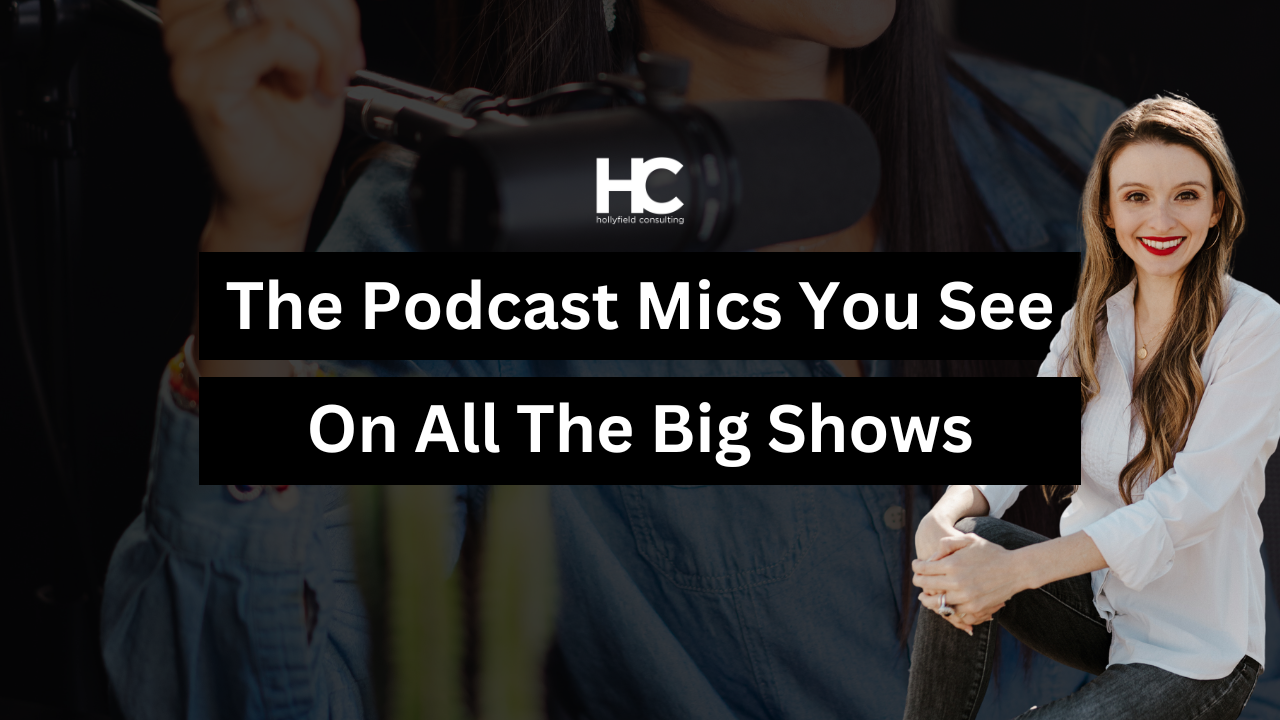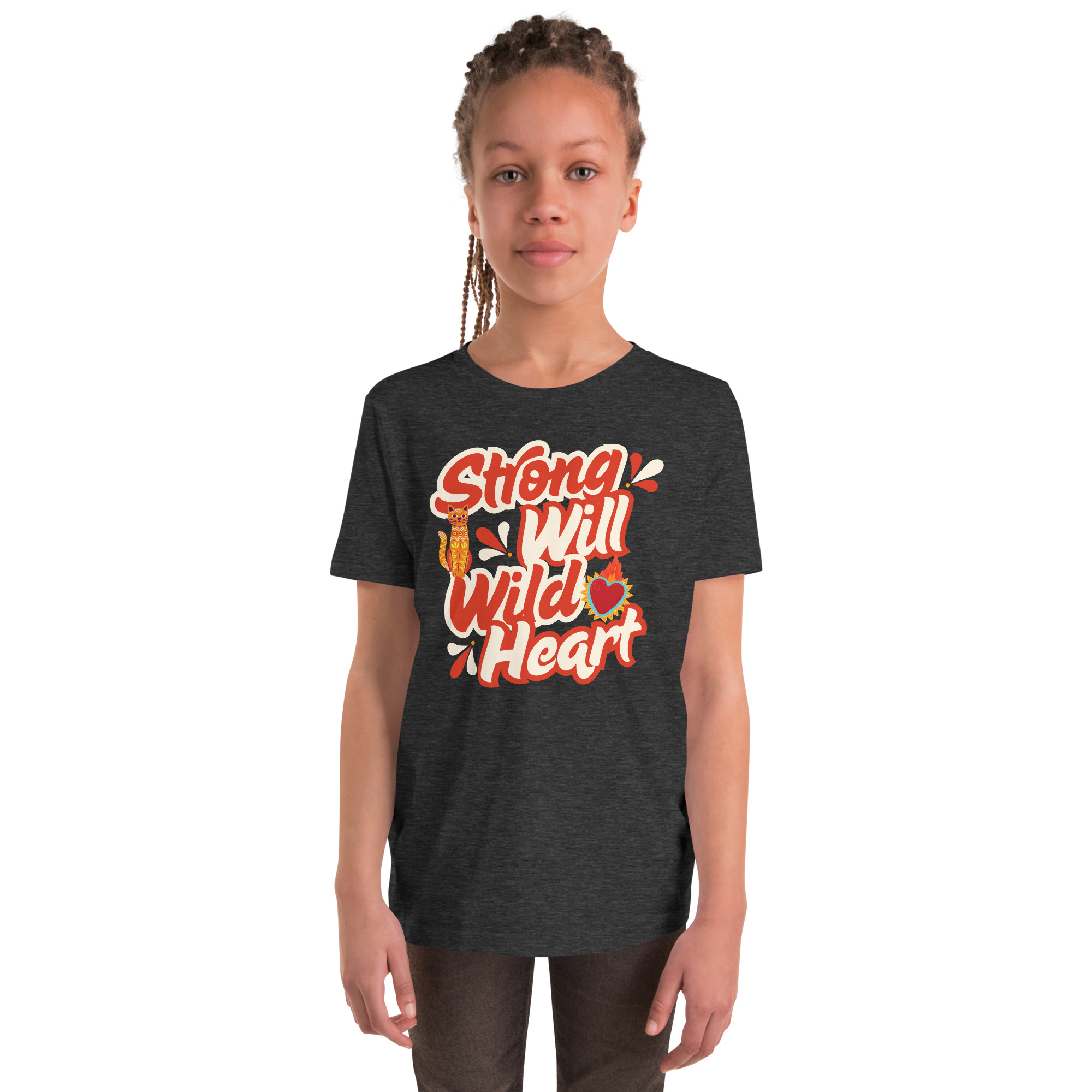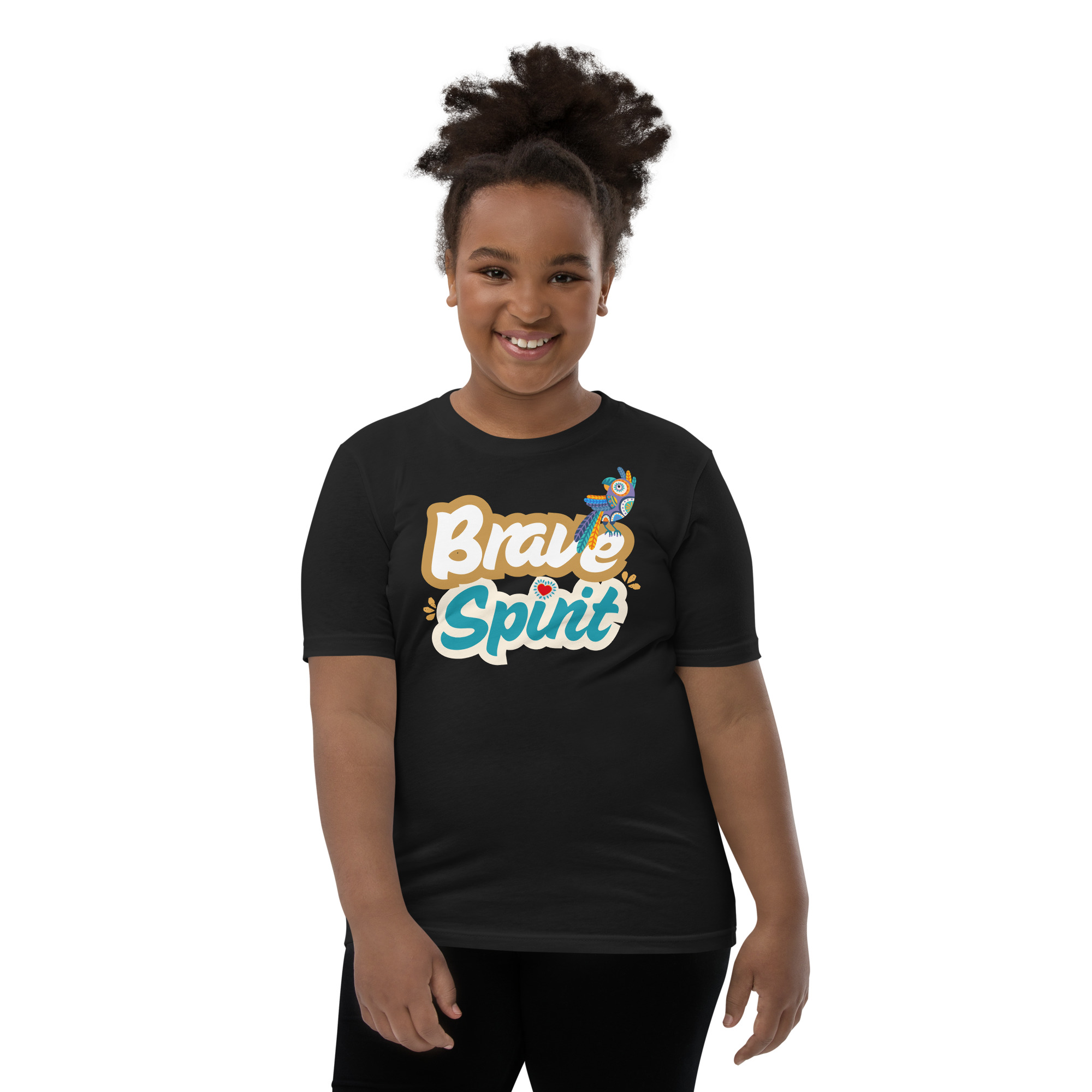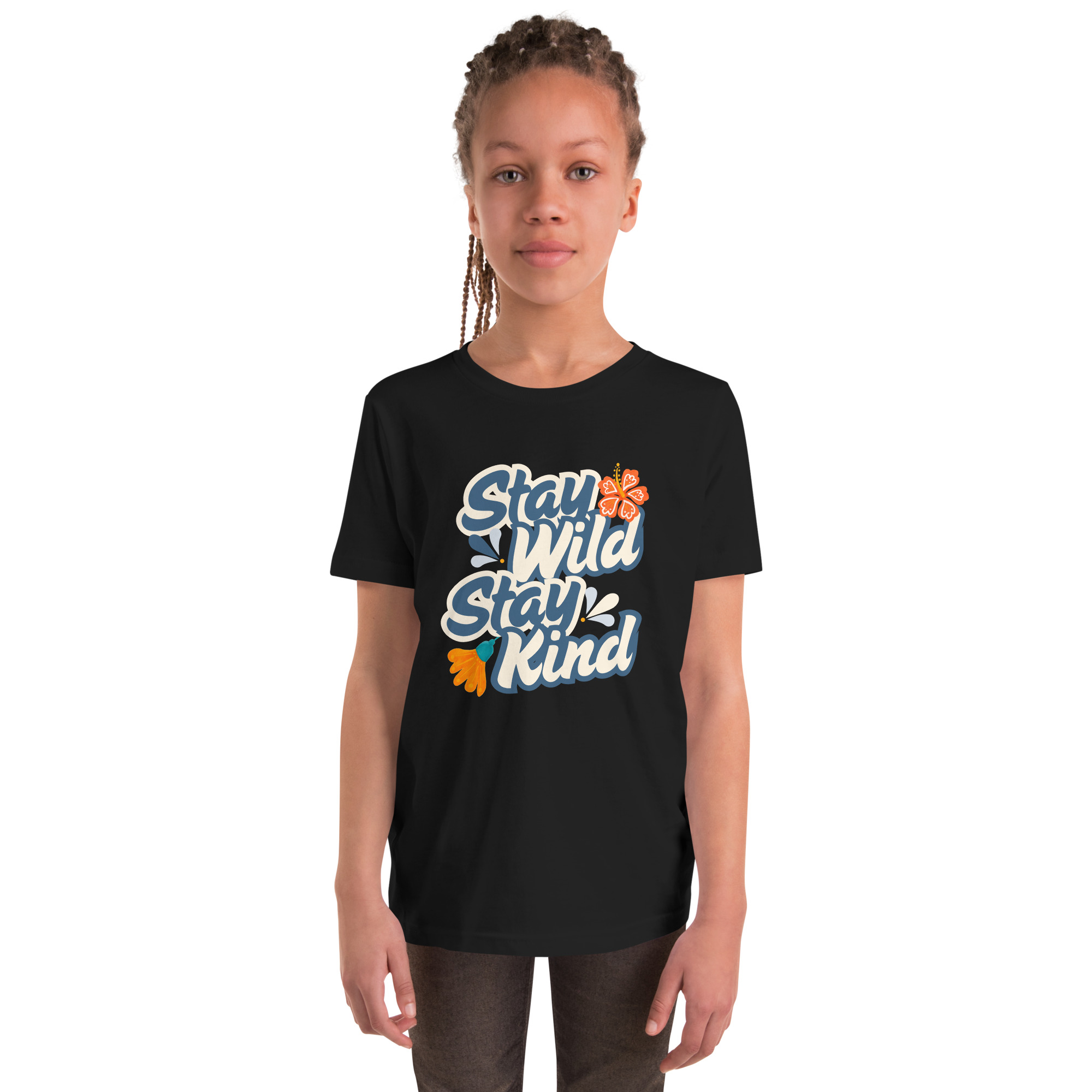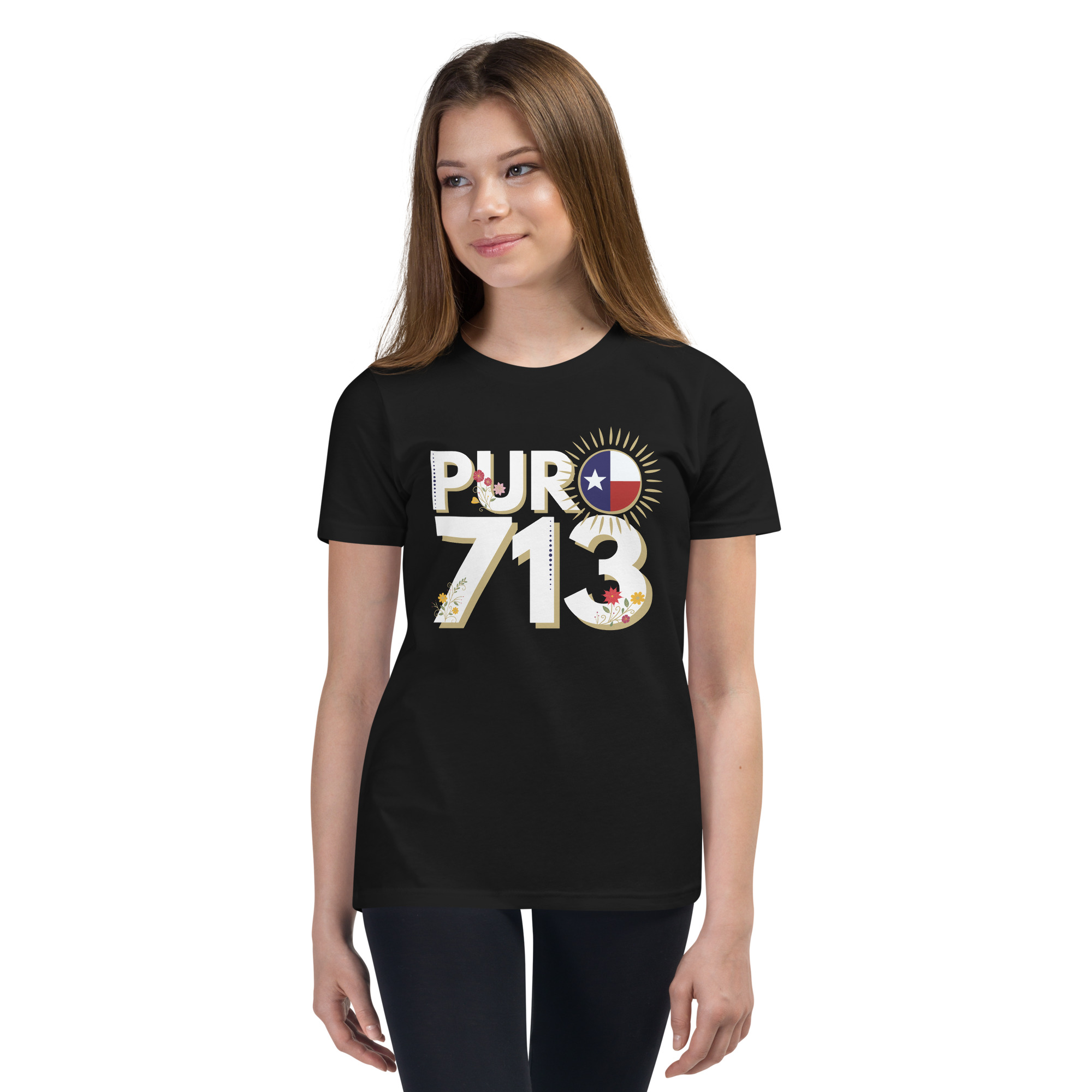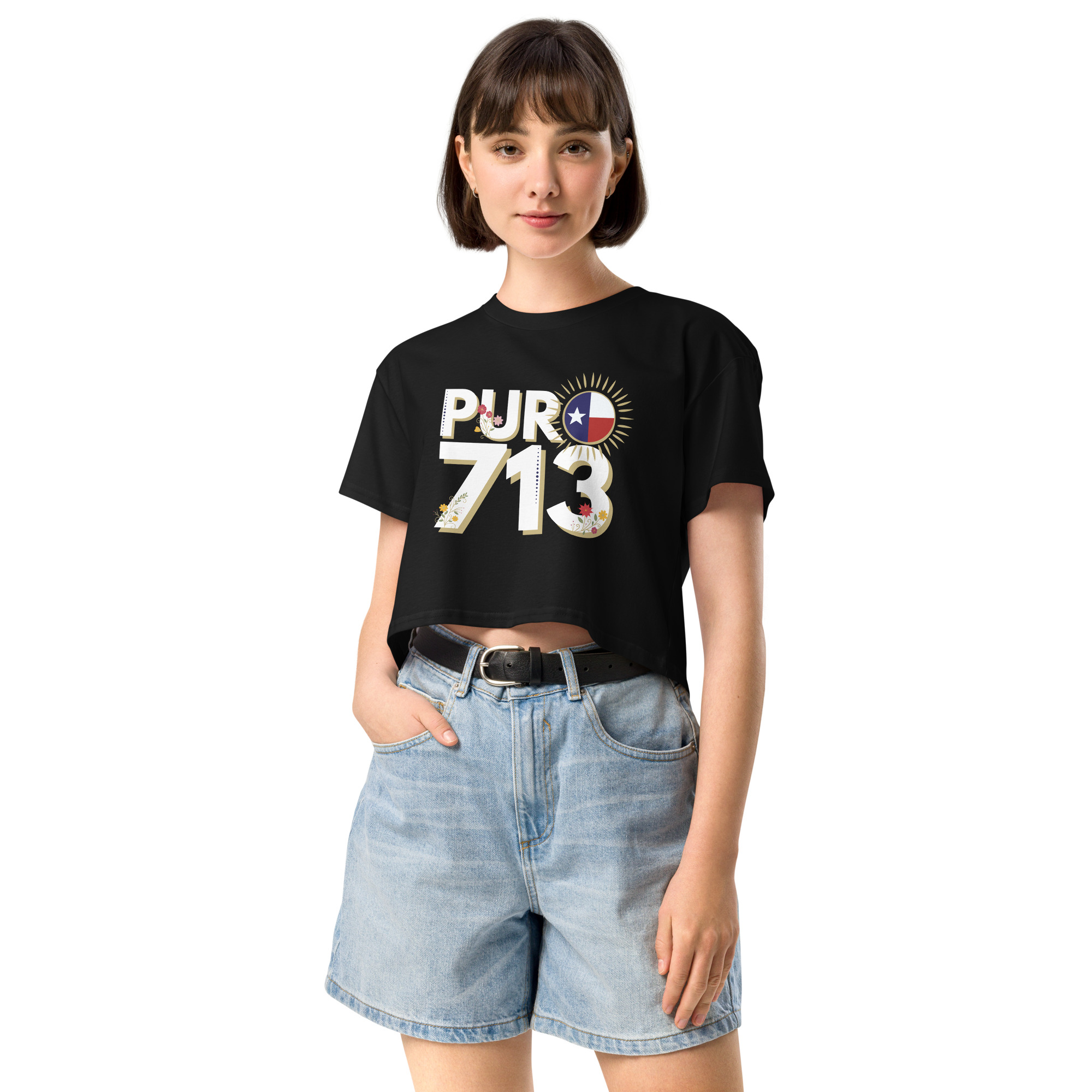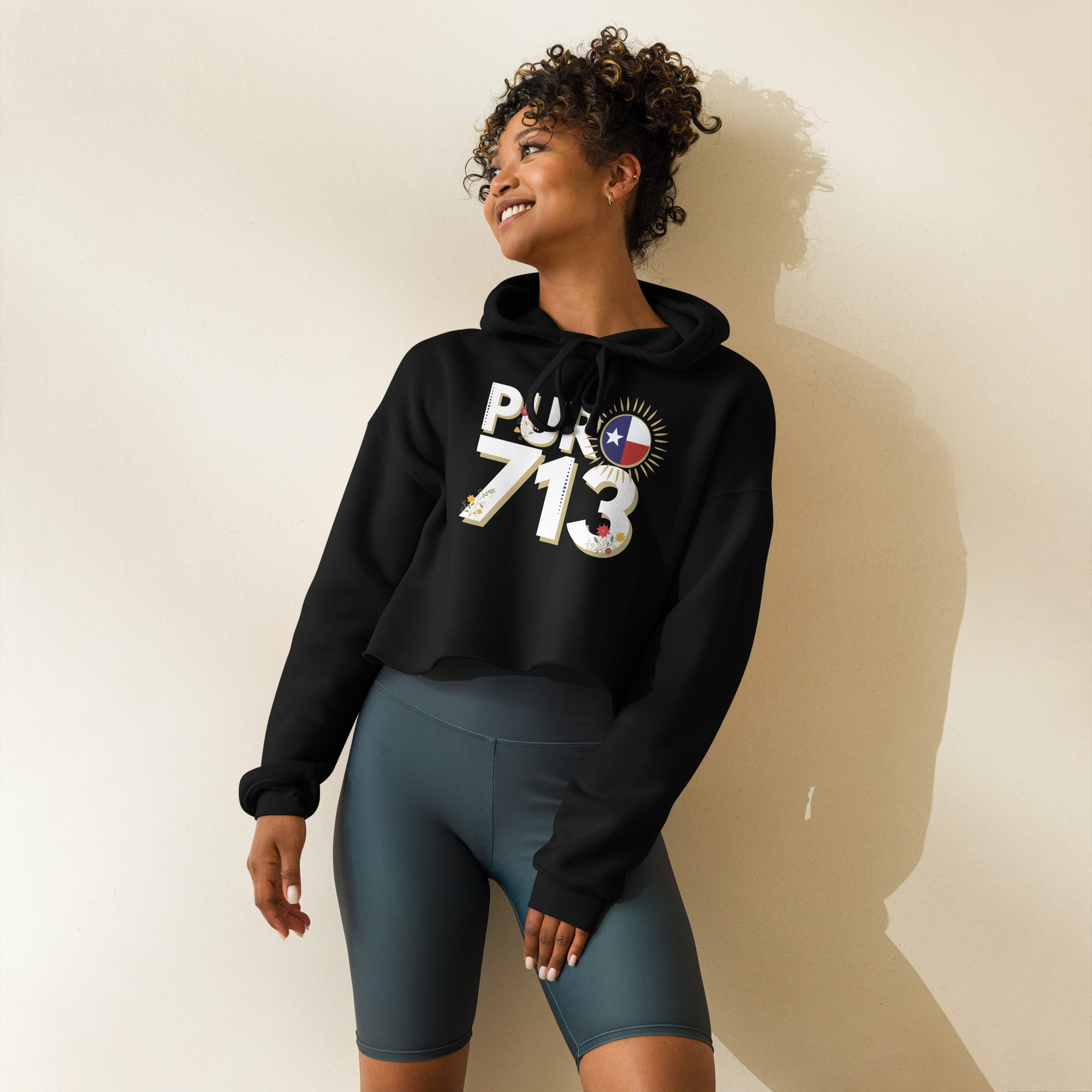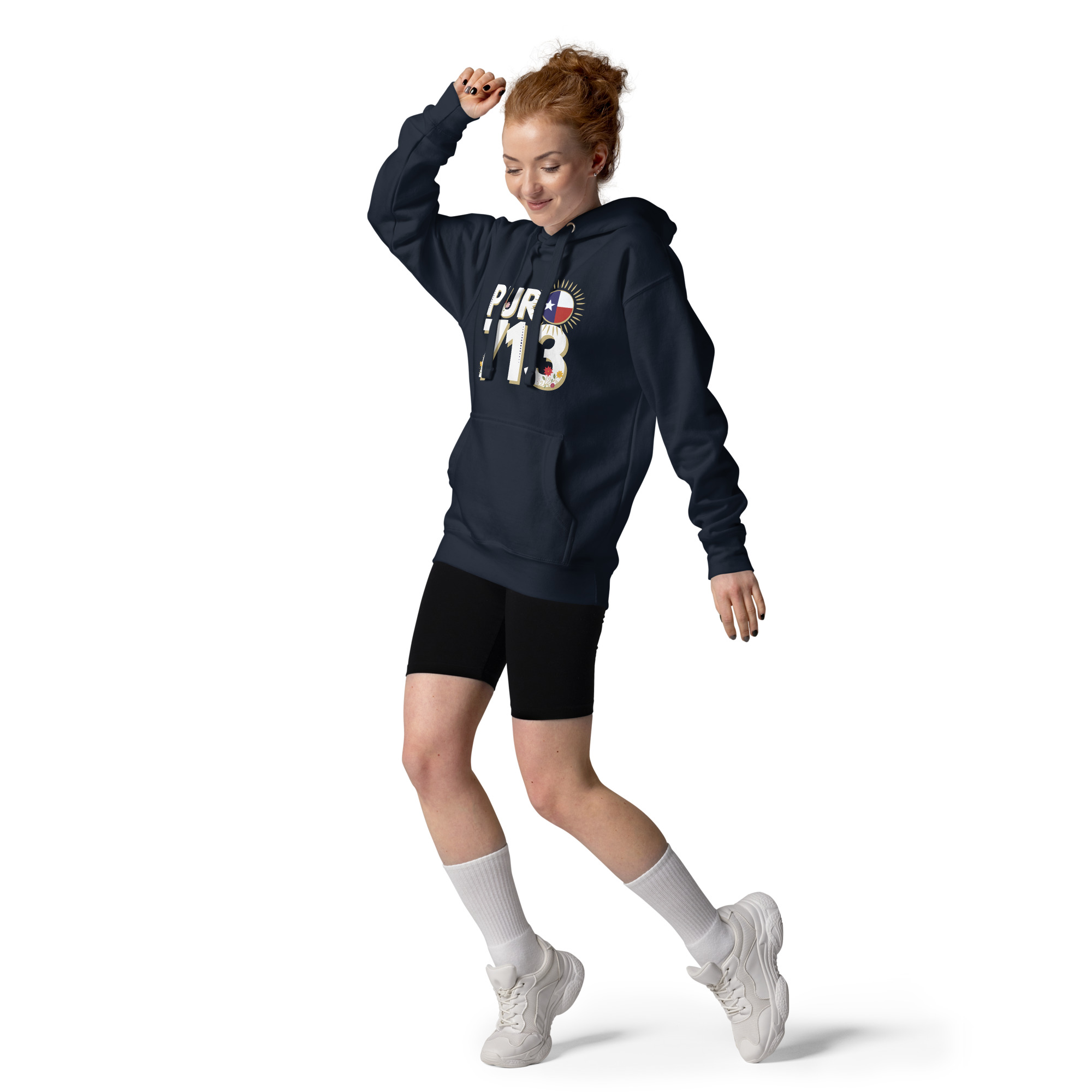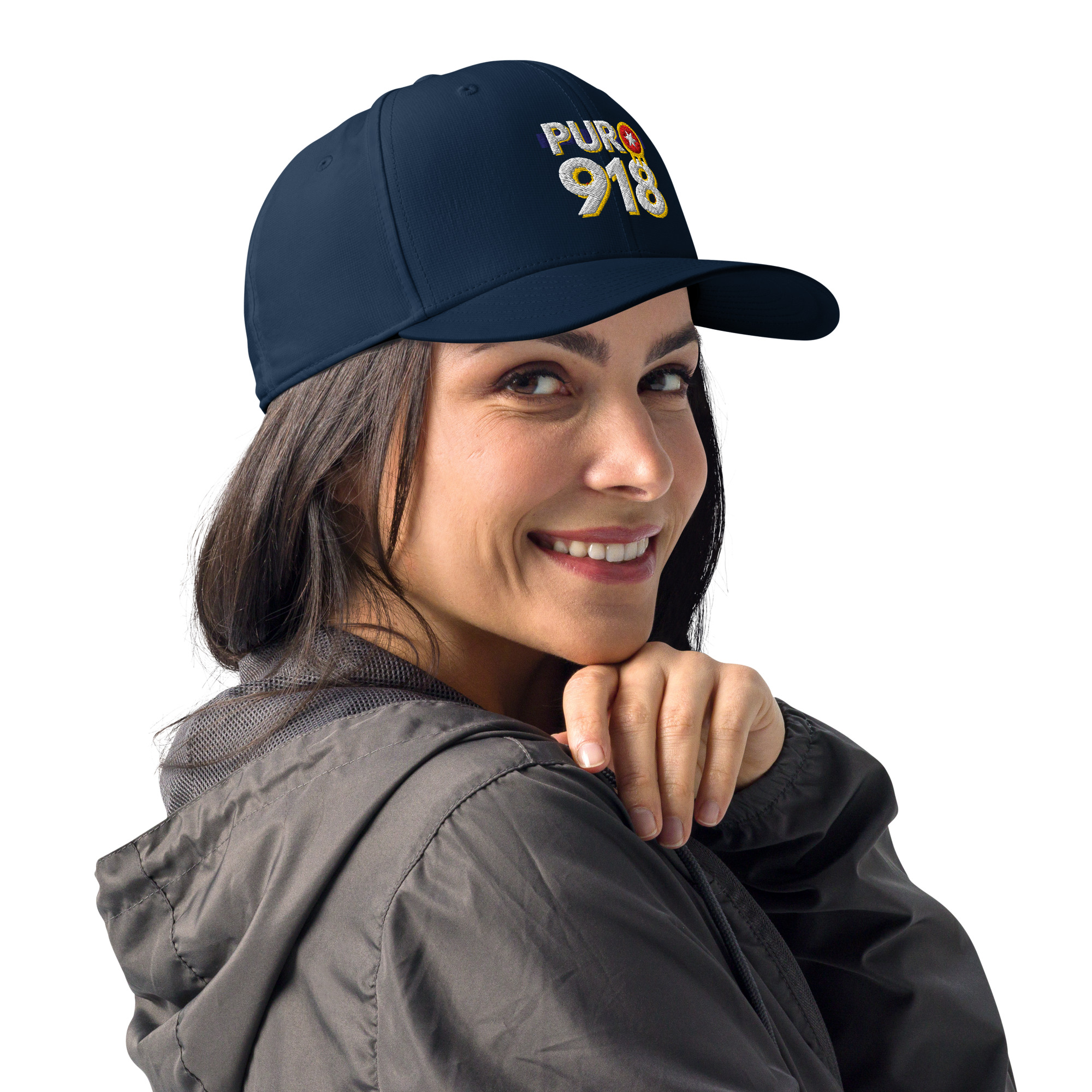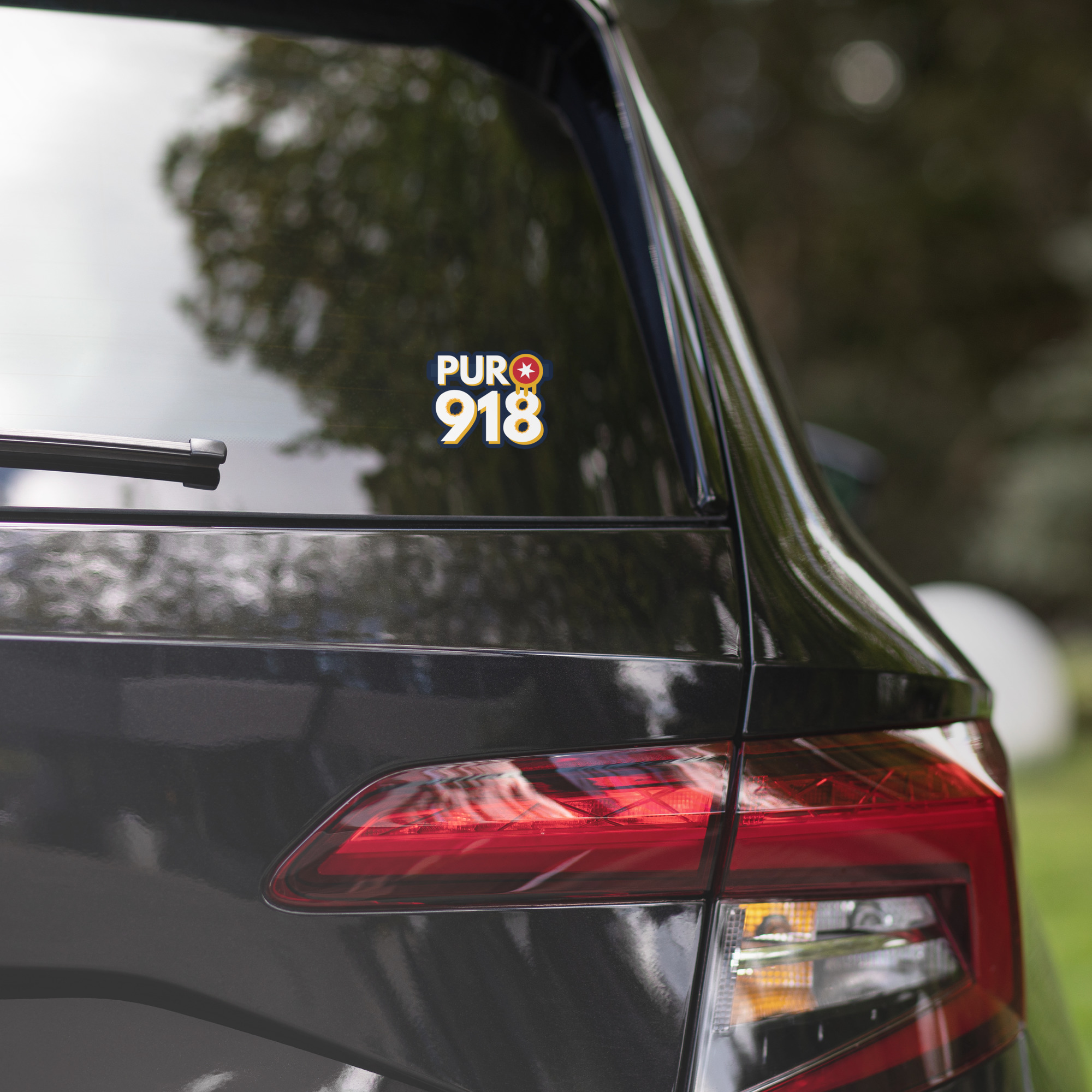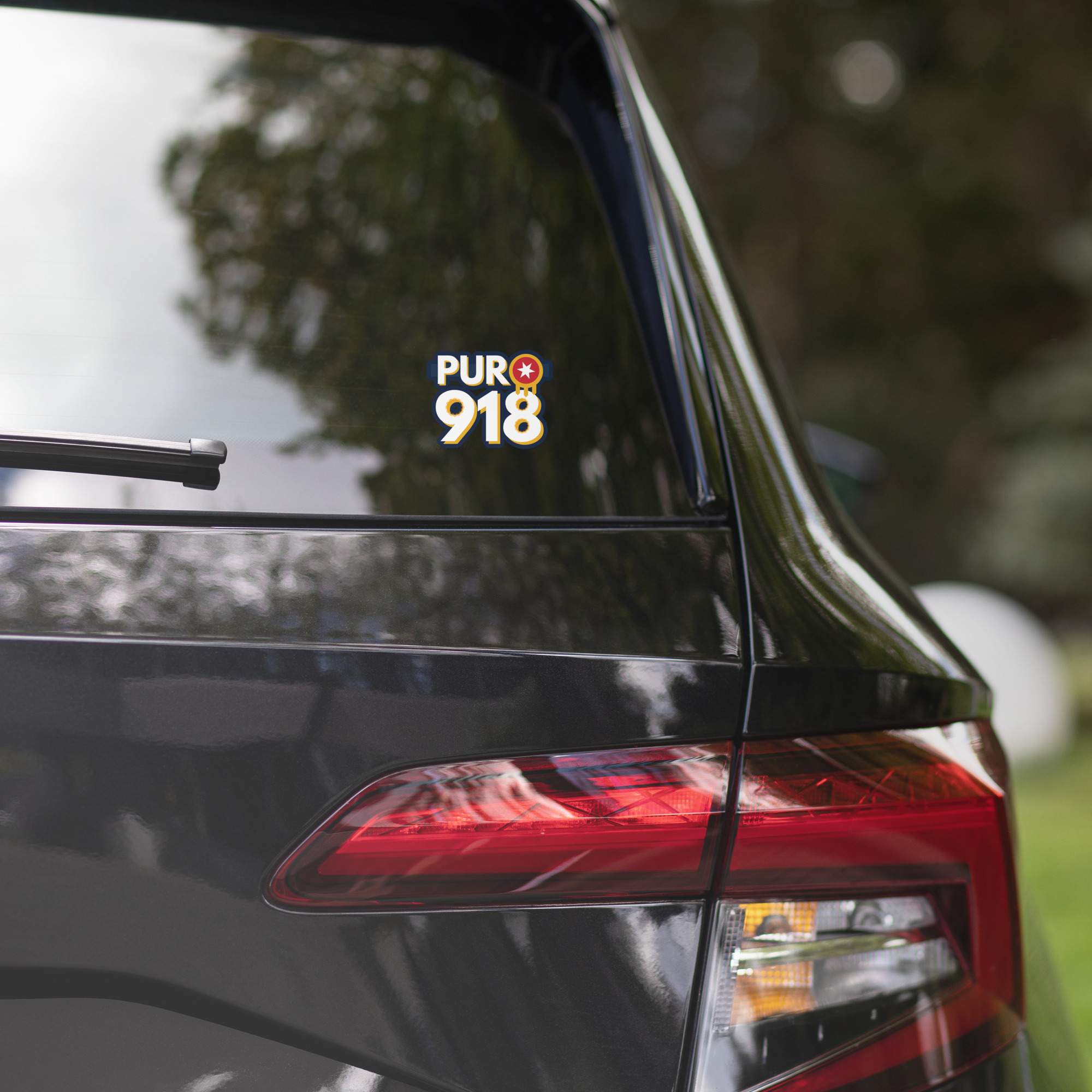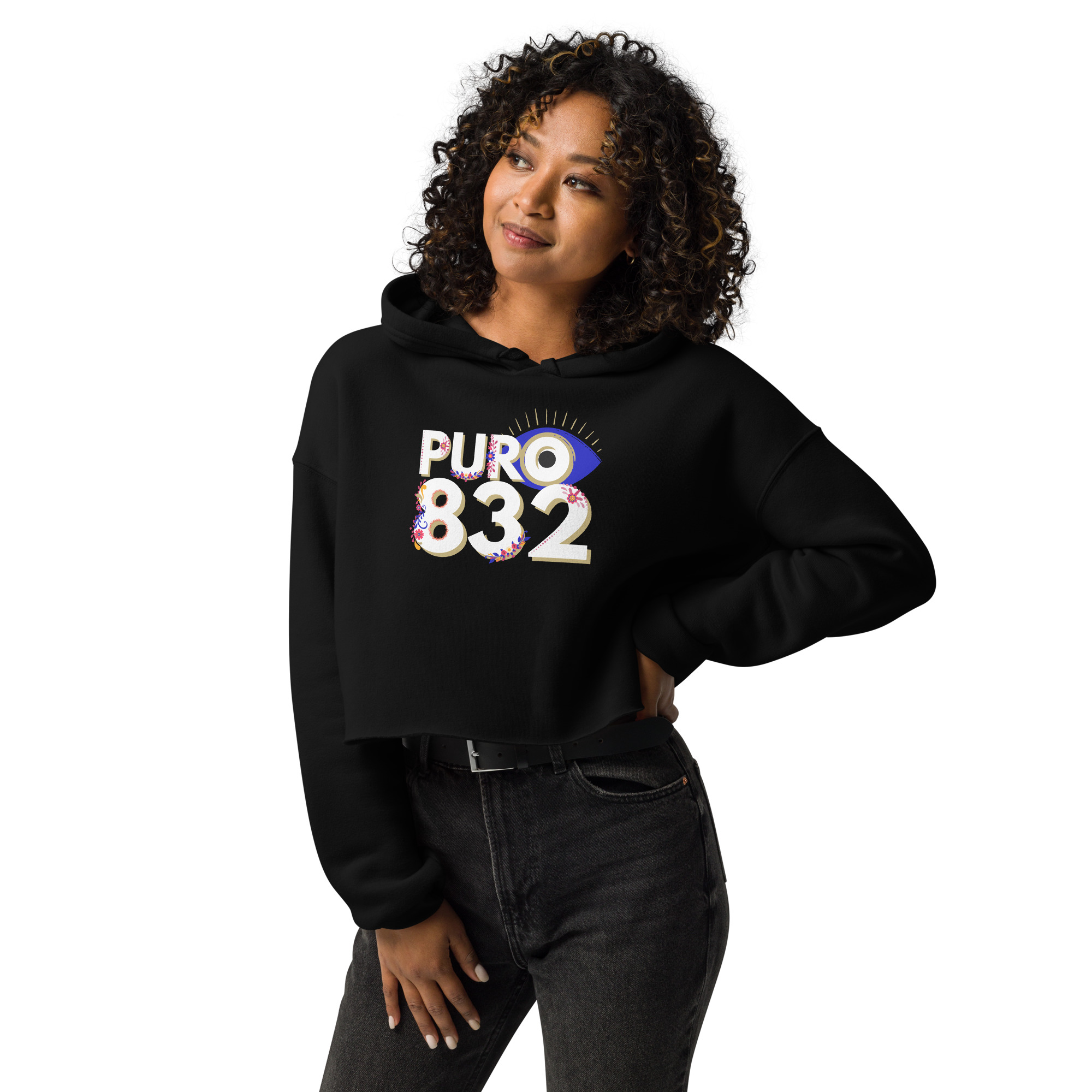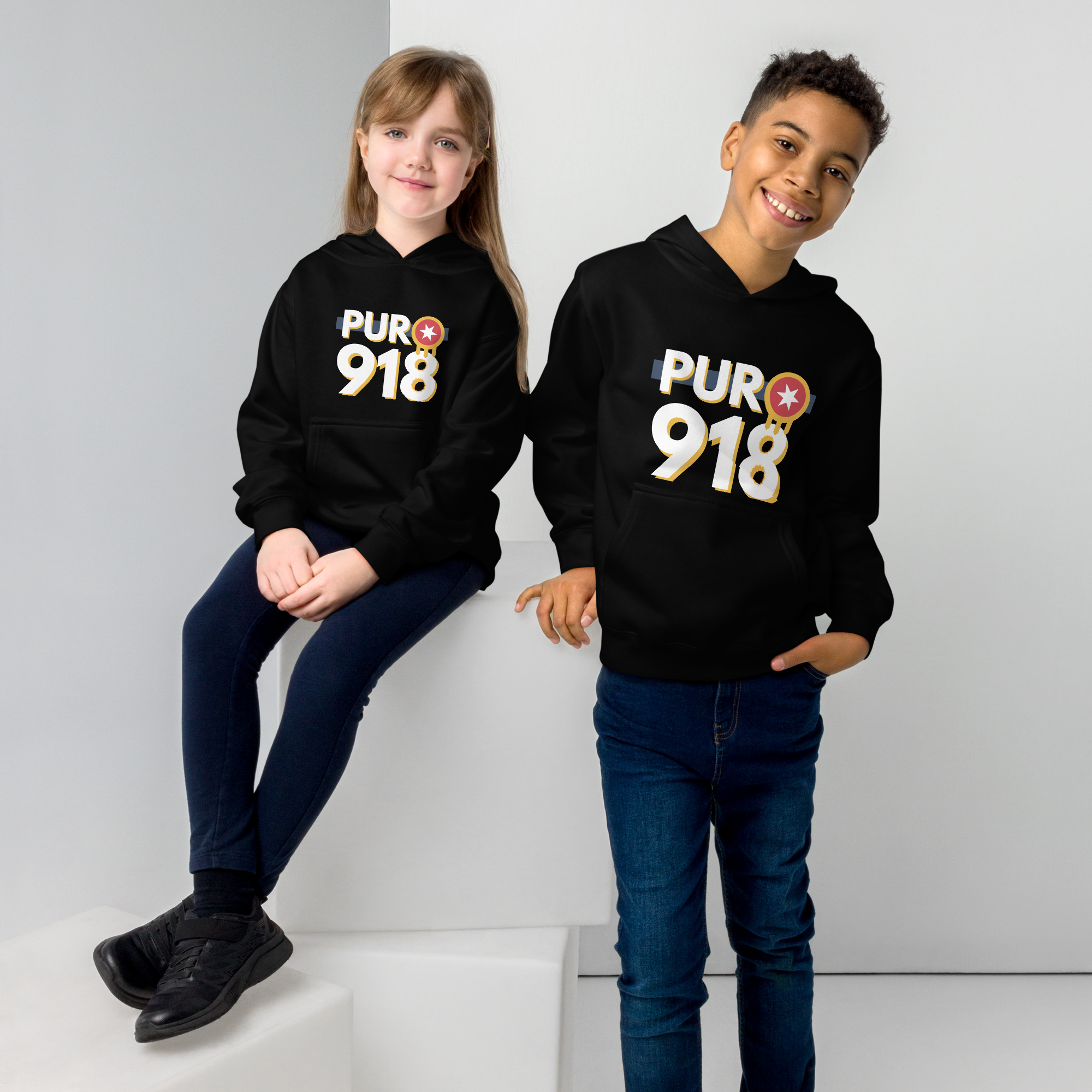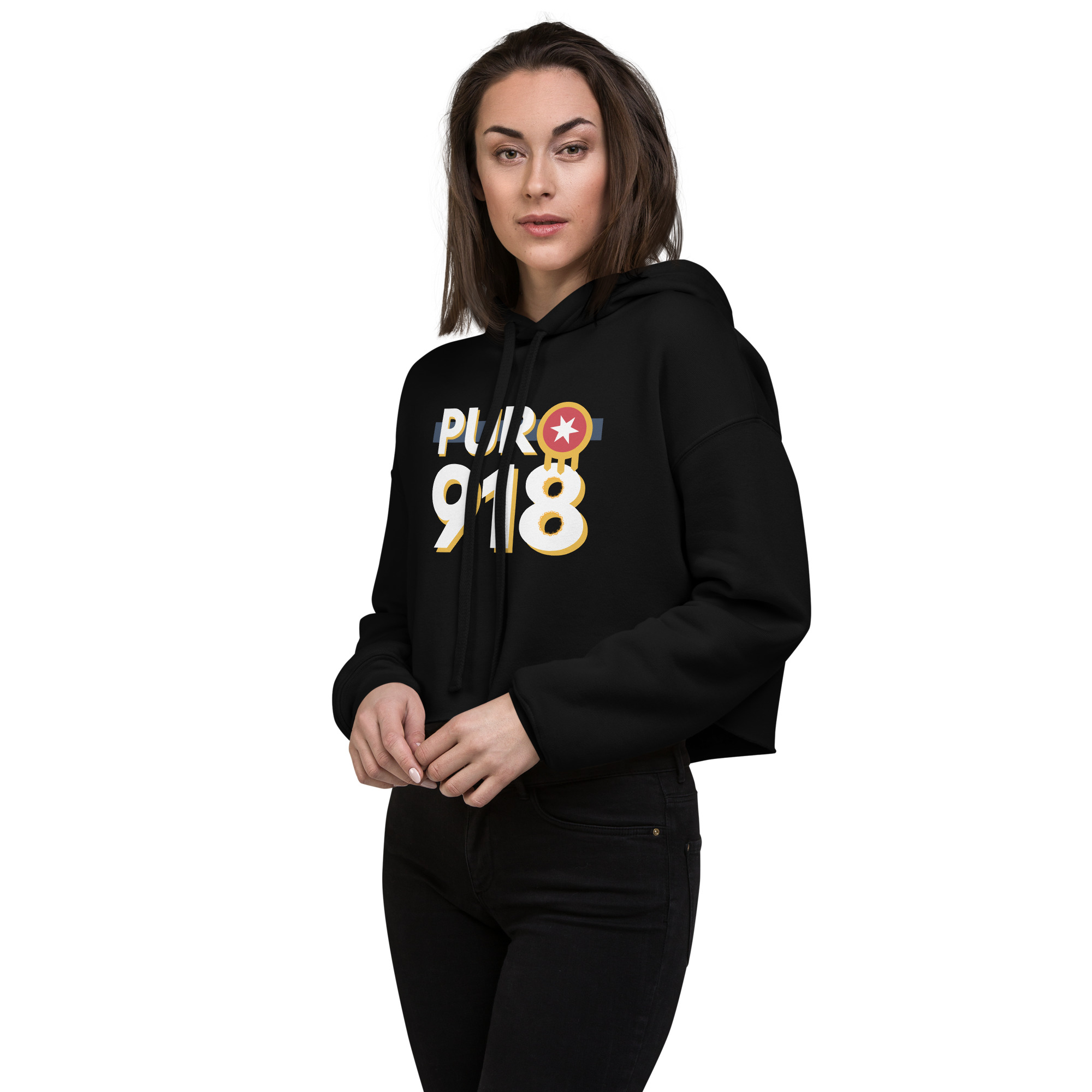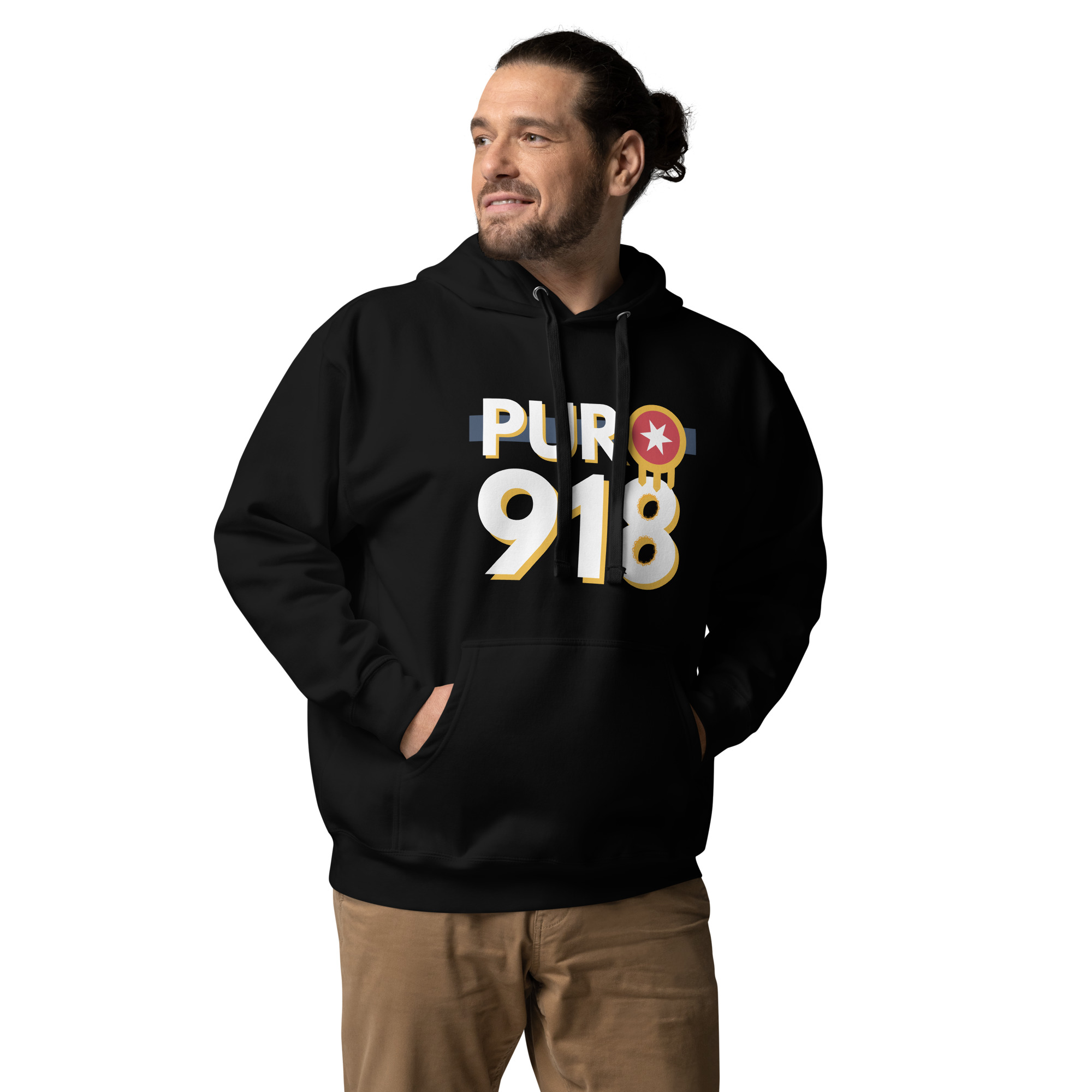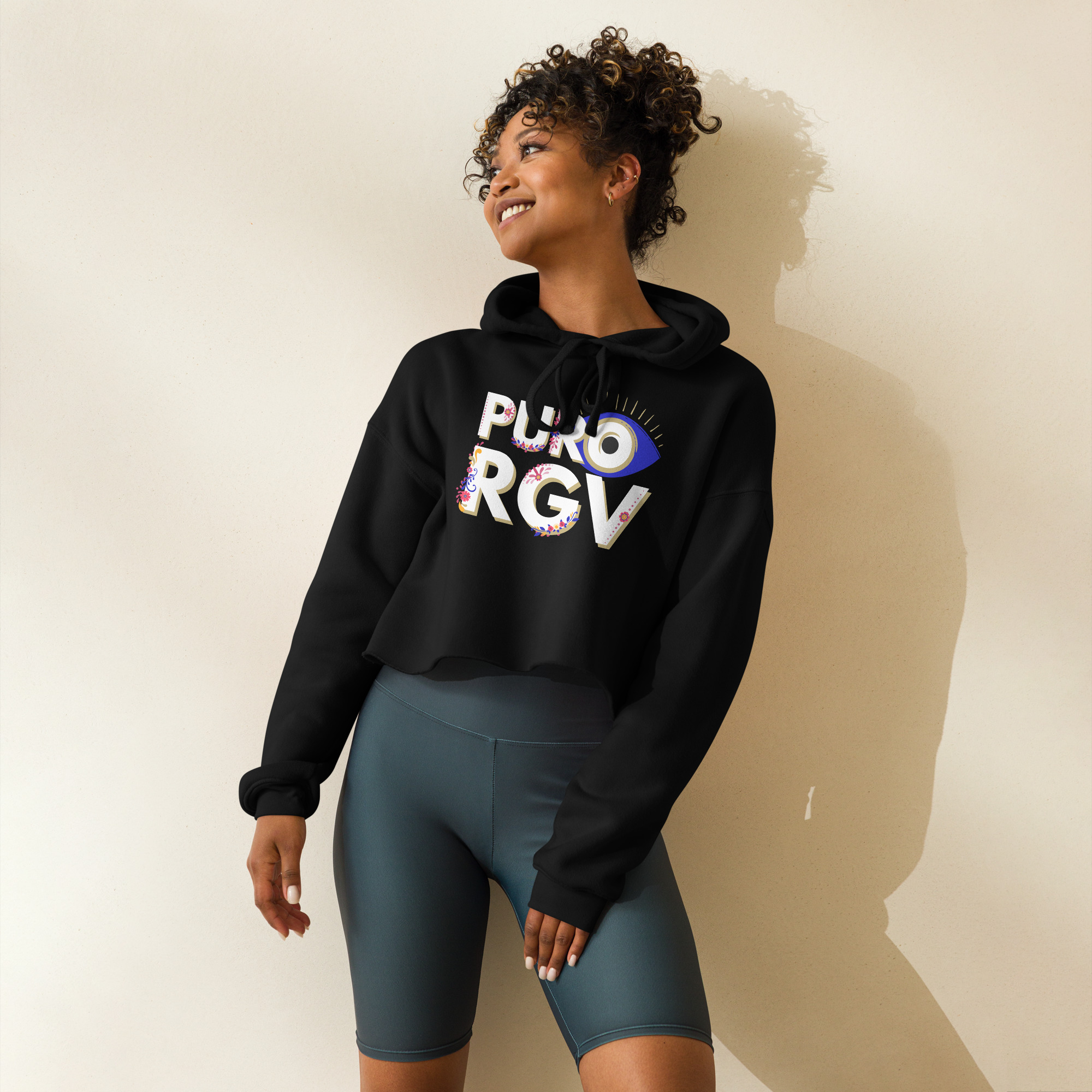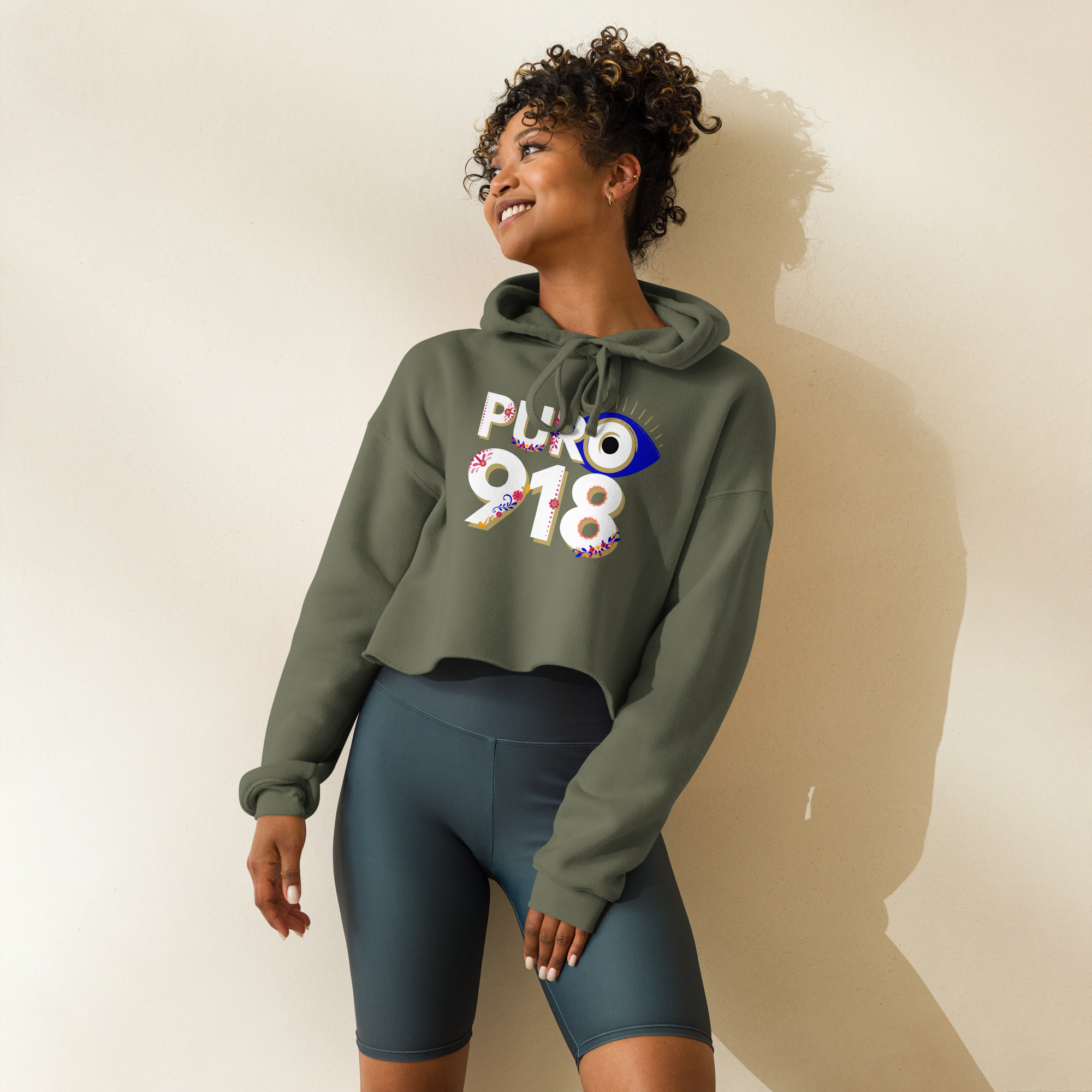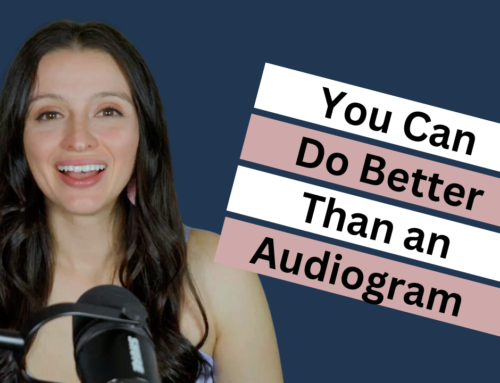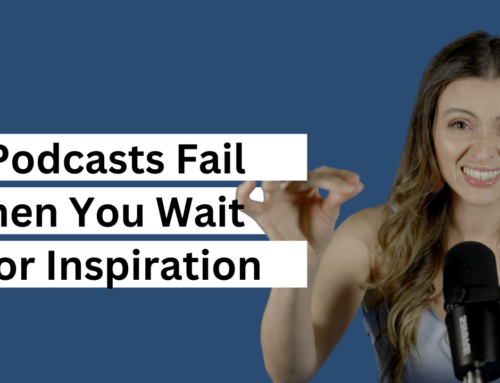Good audio is critical for a podcast because it can significantly impact the overall quality of the listening experience. Podcasts are audio-based, so the sound quality can dramatically affect how well listeners receive the content. Poor audio quality can make it difficult for listeners to understand what is being said, or it can distract from the podcast’s content. On the other hand, good audio quality can enhance the listening experience and make the content more engaging and enjoyable.
In the Wild West days of the podcast industry, shows with incredible messages got away with rough sound, but every single one improved over time. Most of us are not the magic few who can get away with this, especially as the industry has grown, making quality and differentiation critical. Hosts must launch with the right setup to increase their chances of launching with momentum.
Great audio can help to create a professional and polished sound that can set a podcast apart from others in the same genre. It is critical for a podcast because it can make the difference between a mediocre podcast and a great one that attracts and retains listeners.
Choosing the right microphone is crucial for creating a successful podcast. Here are a few reasons why it’s essential to choose the right mic for podcasting:
- Sound quality: The quality of your podcast’s sound can make or break your show. A high-quality microphone can help capture the nuances of your voice and improve the overall sound quality of your podcast. A poor-quality microphone can make your voice sound distorted or muffled, which can be distracting to your listeners.
- Professionalism: A high-quality microphone can help make your podcast sound more professional. Listeners are more likely to take your podcast seriously if it sounds like it was recorded with professional equipment.
- Comfort: Using the right microphone can make the recording process more comfortable for you. If your microphone is uncomfortable to use or difficult to adjust, it can make it harder for you to focus on your content and can impact the overall quality of your podcast.
- Consistency: Using the same microphone consistently can help ensure that your podcast has a consistent sound from episode to episode. This can help your listeners know what to expect and can build a sense of familiarity with your podcast.
- Compatibility: Choosing a microphone that is compatible with your recording setup can make the recording process easier and more efficient. If your microphone requires additional equipment or adapters, it can add unnecessary complexity to your setup and make it harder to record your podcast.
Choosing the right microphone is essential for creating a high-quality podcast that sounds professional and engaging to your audience. We’ve made it easy to select a microphone well-suited for your needs and recording environment, so you’ll be well on your way to creating a successful podcast.
Podcasters often choose Shure microphones because of their reputation for producing high-quality audio and their durability. Shure is a well-respected brand in the audio industry and has been producing microphones for over 90 years.
One of the most popular Shure microphones for podcasting is the Shure SM7B, which is known for its ability to capture clear and rich sound, even in noisy environments. It has a dynamic cardioid pickup pattern, which means it is less likely to pick up background noise and more likely to capture the sound directly in front of it.
Dynamic microphones are often preferred for podcasting for several reasons:
- Noise rejection: Dynamic microphones are less sensitive than condenser microphones, which means they are less likely to pick up ambient noise in the room. This can be particularly useful in a home studio setting where there may be background noise from appliances, street noise, or other sources.
- Durability: Dynamic microphones are typically more rugged and durable than condenser microphones. They can handle rough handling and accidental drops, making them a good choice for portable podcasting setups.
- Cost: Dynamic microphones are generally less expensive than condenser microphones. This makes them a more affordable option for podcasters who are just starting out or who are working with a limited budget.
- Tone: Dynamic microphones often have a warm, natural sound that can be well-suited for spoken word content like podcasts. They can capture the nuances of a person’s voice without adding too much coloration or distortion to the sound.
Dynamic microphones can be an excellent choice for podcasting, particularly for those who are just starting out or working with a limited budget. While they may not offer the same level of sensitivity or detail as condenser microphones, they can still produce high-quality audio that is well-suited for podcasting and other spoken word content.
In addition to the SM7B, Shure offers a variety of other microphones that are well-suited for podcasting, including the Shure SM58 and the Shure MV7. The SM58 is a classic microphone that has been used by musicians and public speakers for decades, and it is known for its durability and versatility. The MV7 is a newer microphone that is designed specifically for podcasting and live streaming, and it offers a range of features that make it easy to use with a computer or mobile device.
Big podcasters choose SHURE because of:
- Quality: SHURE is known for producing high-quality microphones that offer excellent sound clarity, durability, and reliability. These qualities are particularly important for podcasters who want to produce professional-quality audio.
- Versatility: SHURE microphones are versatile and can be used in a variety of recording environments, including home studios, professional studios, and on-location recordings. This flexibility is particularly appealing for podcasters who need to record in different settings.
- Brand reputation: SHURE has a strong reputation in the audio industry and is trusted by professional musicians, engineers, and broadcasters. This reputation gives podcasters confidence in the quality and reliability of their equipment.
- Compatibility: Many SHURE microphones are compatible with a wide range of audio interfaces and recording software, making them easy to integrate into a podcasting setup.
- Range of options: SHURE offers a wide range of microphone options, including dynamic, condenser, and ribbon microphones, each with different features and capabilities. This allows podcasters to choose the microphone that best fits their recording needs and preferences.
Podcasters choose Shure microphones because they offer a reliable and high-quality audio experience that can help them connect with their audience and build their brand.
